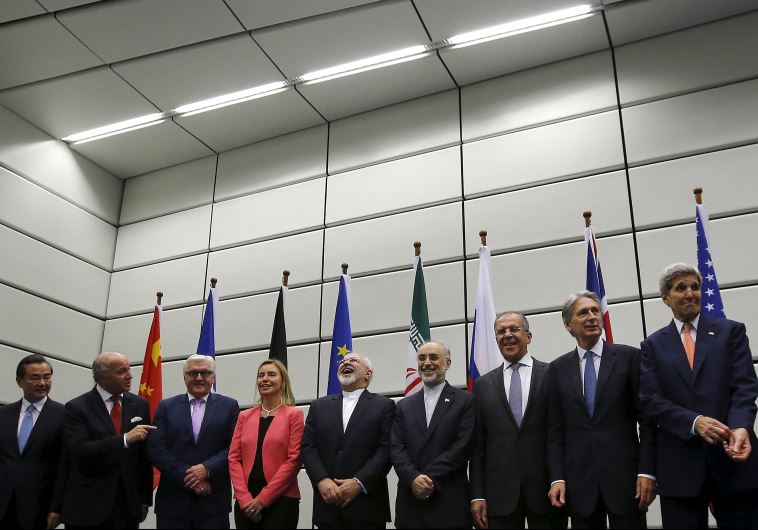
This morning, President Obama announced that U.S. negotiators and the European Union had reached a deal with Iran, which, according to Mr. Obama, will prevent the Islamic State from acquiring a nuclear weapon for up to ten years and will halt the enrichment of uranium in exchange for a lifting of all sanctions against Iran. But, verifying that Iran is complying with the deal may be nearly impossible due to the failure of negotiators to agree to steps that would allow inspectors access to Iran nuclear facilities.
Members of the United States' Congress had demanded that the Iran agree to "anytime, anywhere" access to Iran's nuclear facilities so that international inspectors would be able to ensure that Iran was not secretly enriching uranium despite the deals framework. Instead, if the IAEA wants to inspect one of Iran's facilities, Iran maintains the ability to halt the inspectors' access for up to 14 days and negotiate with the IAEA if they object to the request for inspections.
After that time period expires without any resolution, the Joint Commission (a committee set up to adjudicate disagreements as to the details of the deal) would have seven more days to advise the IAEA and Iran on a way forward. Following that, Iran would have three additional days to comply with the commission's advice
All told, this brings the amount of time that Iran would be able to stall inspections to up to 24 days - a far cry from the "anytime, anywhere" inspections that many in Congress were seeking.
The fear is that allowing Iran such a long period of time to comply with desired inspections could allow the Islamic Republic to move the development of nuclear materials to other facilities while negotiations were occurring.
The language of the deal says that Iran must "generally allow" IAEA access. This broad wording was sought by the U.S. despite the knowledge that Iran has a long history of rejecting access to inspectors.
Section Q. of the negotiated framework reads:
"Requests for access pursuant to provisions of this JCPOA will be made in good faith,with due observance of the sovereign rights of Iran, and kept to the minimum necessary to effectively implement the verification responsibilities under this JCPOA."
Provisions regarding access can be found on pages 42 and 43 of the deal's text.
